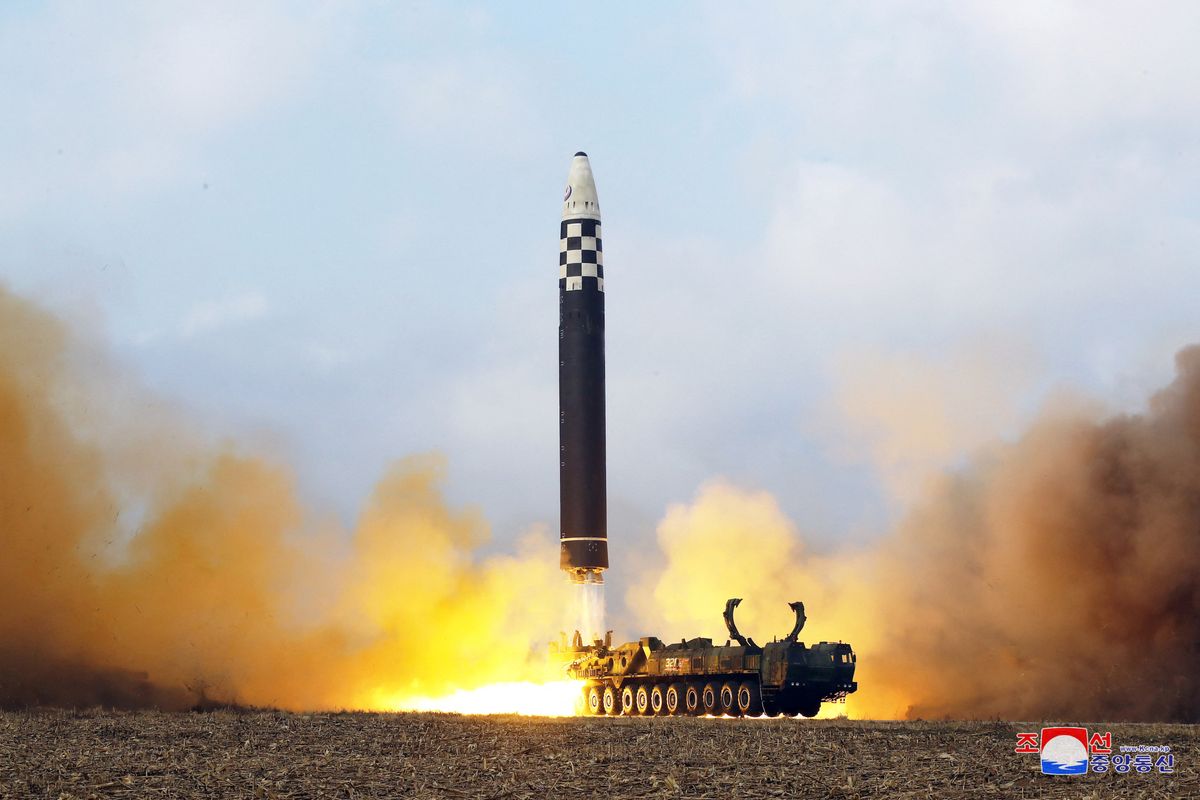Where does the world stand on nuclear power?
The concept of nuclear tools is making a total comeback in 2022.

A few minutes every morning is all you need.
Stay up to date on the world's Headlines and Human Stories. It's fun, it's factual, it's fluff-free.
With all of the news coming out of the war in Ukraine surrounding nuclear weapons – plus threats to the occupied Zaporizhzhia nuclear power plant, complications with the Iran nuclear deal, North Korea making nuclear threats and a global focus on alternative, green energy sources – the concept of nuclear tools is making a total comeback in 2022.
Right now, countries that definitely have nuclear weapons include the US, Russia, the UK, France and China. But India, Pakistan, Israel and North Korea also probably have them, although we aren't exactly sure how many. But, most nuclear nations recognized by the Treaty on the Non-Proliferation of Nuclear Weapons (France, Russia, the UK and the US) have started getting rid of some of their weapons.
According to researchers Keir A. Lieber and Daryl G. Press, recent changes in technology – like better sensors, better data processing and new weapons – are bringing on a whole wave of nuclear vulnerability. James Acton, a co-director of the Nuclear Policy Program and the Carnegie Endowment for International Peace, said: "I'm leery of big concepts of rethinking deterrence or trying to escape deterrence. I think it is just a feature of life, but neither is it an entirely safe thing. The big issue is how we reduce the likelihood of nuclear use." Currently, there is a nuclear ban treaty going around that 55 countries have ratified.
Now, let's talk about nuclear power. Nuclear energy is an alternative to fossil fuels. But it's not as widely used as, say, solar energy. According to a study done by MIT, it's limited by "high relative costs; perceived adverse safety, environmental, and health effects; potential security risks stemming from proliferation; and unresolved challenges in long-term management of nuclear wastes."
Clearly, this is not a short-term solution. But, as more and more countries look to go green, nuclear power is definitely part of the conversation. Scientists and environmentalists alike are cautious, though. In China alone, nuclear output increased by 6% in 2020, and 17 new reactors are being built, according to the World Nuclear Association. But, the best power grid is one that relies on a mix of different sources, especially when it comes to green energy.




Comments ()